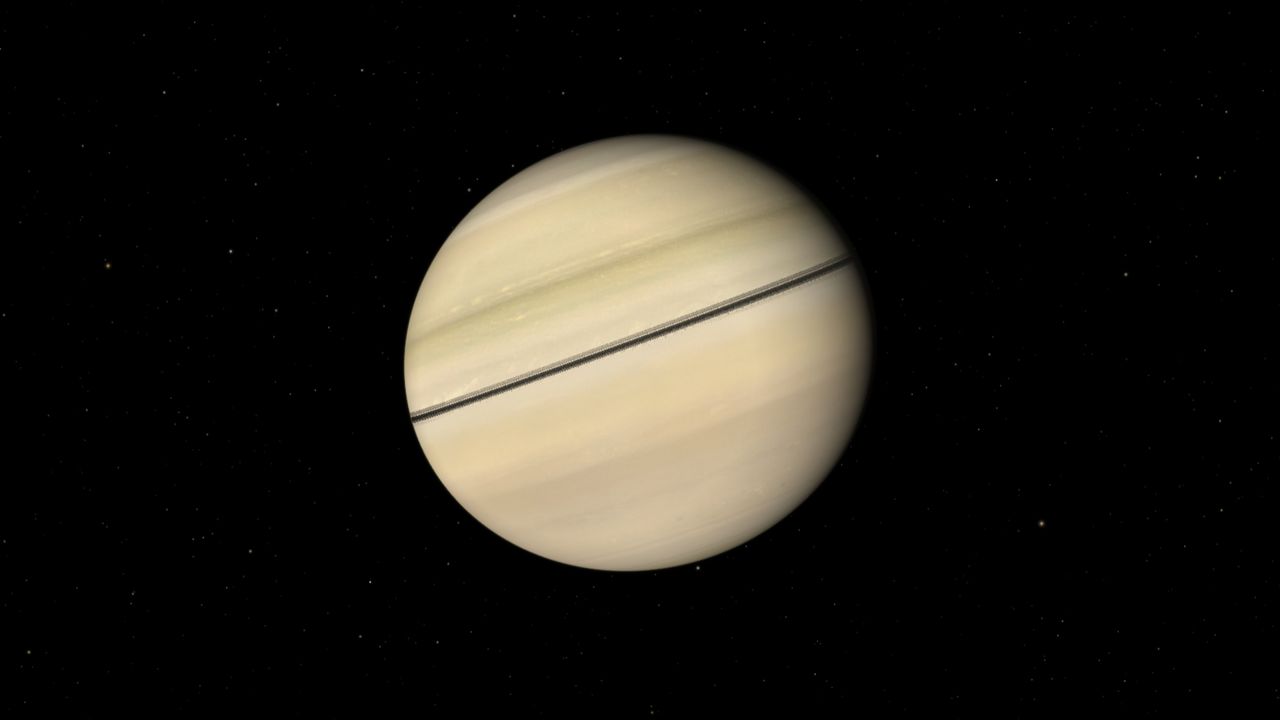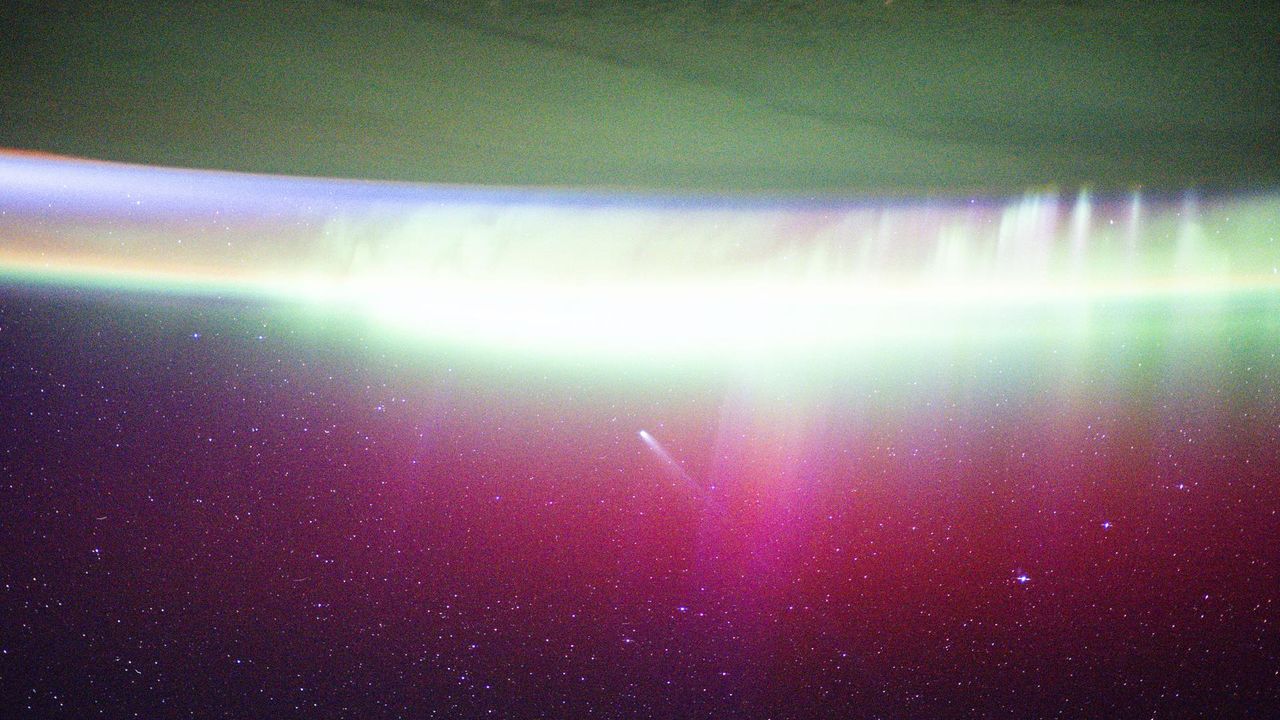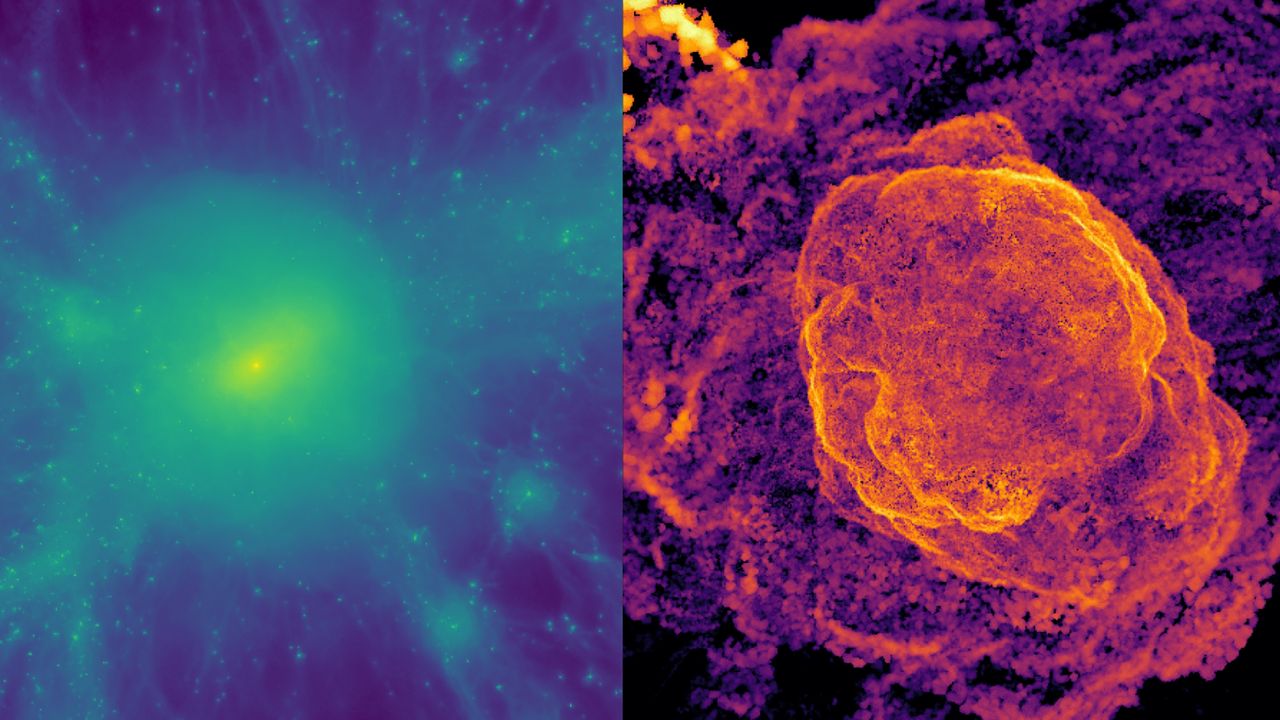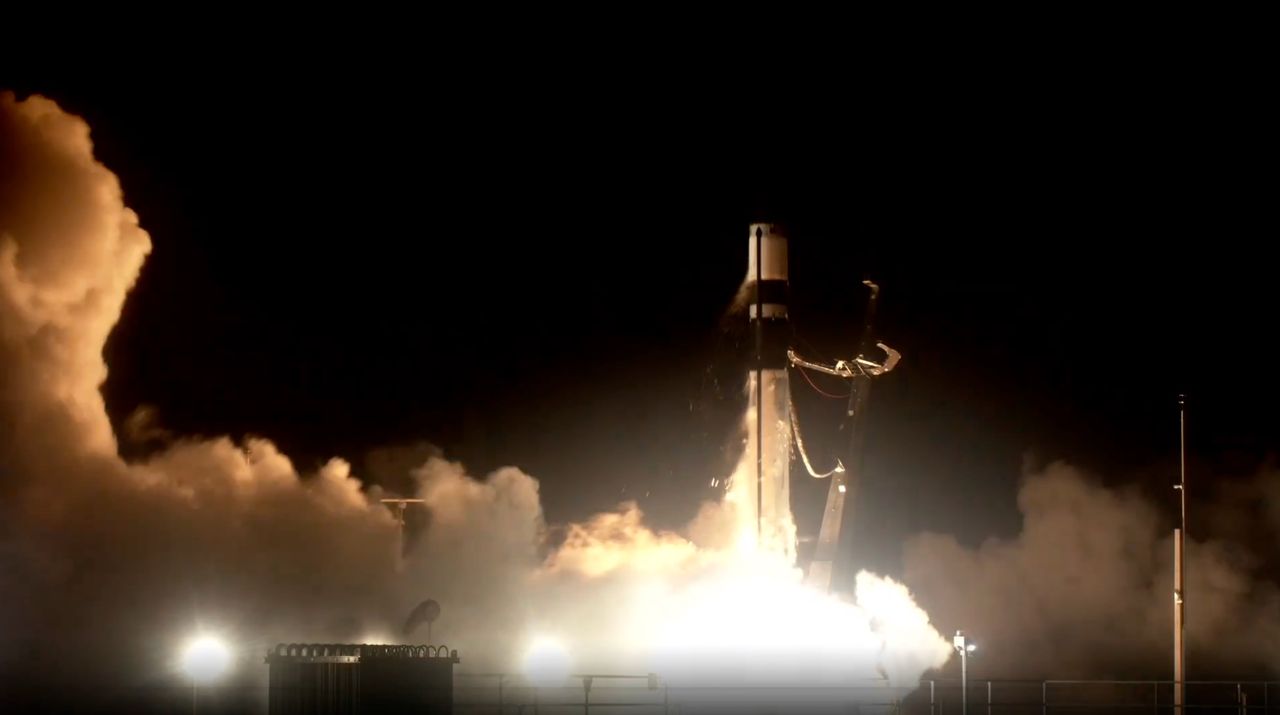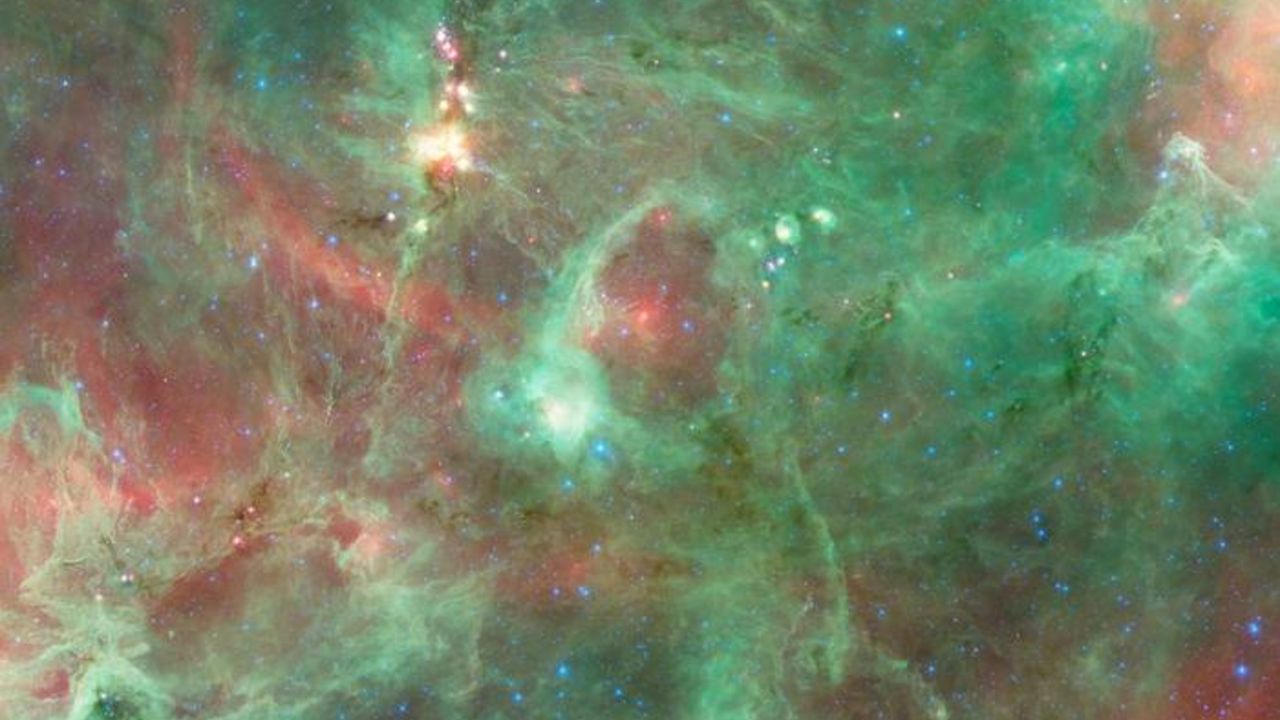How a medieval Oxford friar used light and color to find out what stars and planets are made of
PositiveScience
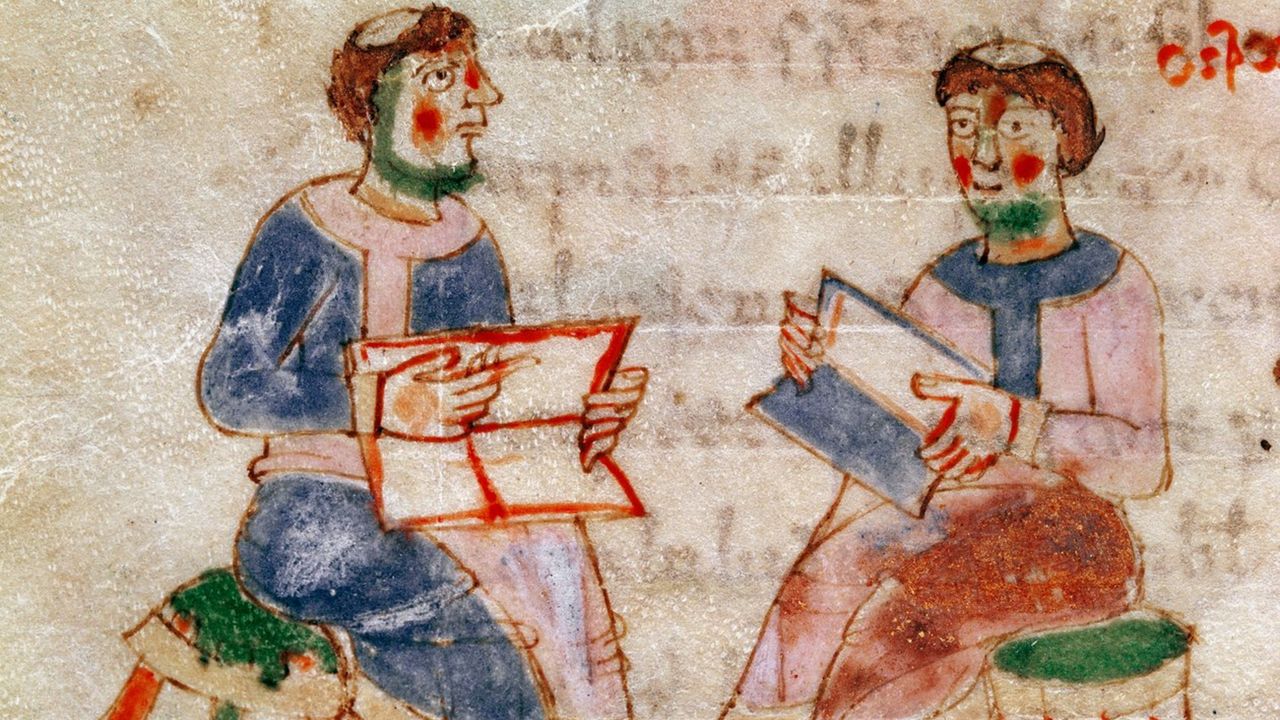
- A medieval friar from Oxford, Fishacre, utilized light and color to analyze the composition of stars and planets, a method that has been validated by contemporary astrophysics. This innovative approach highlights the early intersections of science and philosophy in understanding the universe.
- The significance of Fishacre's work lies in its early contribution to astrophysics, demonstrating that foundational ideas about celestial bodies can emerge from historical figures. This recognition underscores the importance of interdisciplinary studies in advancing scientific knowledge.
— via World Pulse Now AI Editorial System
